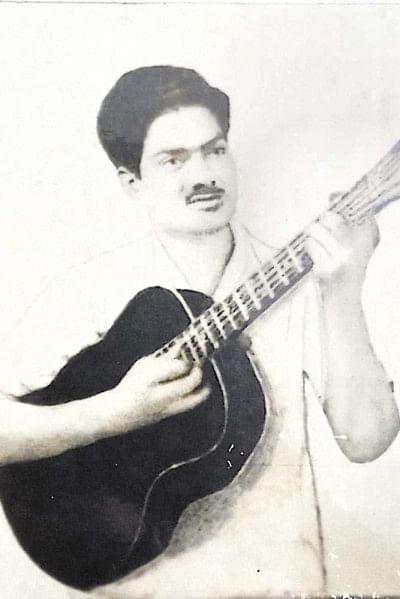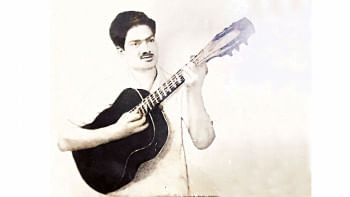Why Hafiz not recognised as freedom fighter, HC questions

The High Court today issued a rule asking the government to explain in four weeks why it should not be directed to recognise Syed Hafizur Rahman, who took part in urban guerrilla warfare as a freedom fighter during the Liberation War, 1971.
In the rule, the court asked the respondents to show causes why their inaction to include the name of Hafiz as a martyred freedom fighter in the official gazette should not be declared illegal and why they should not be directed to constitute an independent council for the search of real freedom fighters.
At the same time, the court asked them to show causes why they should not be ordered to make 26 "authentic lists" of freedom fighters available to the people, and why their inaction to dispose of the applications submitted by Hafiz's brother for his recognition should not be declared illegal.
The secretary at the Ministry of Liberation War; director generals of Jatiya Muktijoddha Council and Liberation War Museum and deputy commissioner of Dhaka have been made respondents to the rule.
The bench of Justice KM Kamrul Kader and Justice Mohammad Ali issued the rule following a writ petition filed by Supreme Court lawyer Mohammad Bakir Hossain Mridha seeking necessary directives.
He submitted the petition as a public interest litigation following two separate reports published on The Daily Star under the headlines of "Half a century gone chasing recognition" and "Denied again" on October 24 and 31 last year.
Lawyer Khandker Musfizul Huda appeared for the writ petitioner while Deputy Attorney General Abdullah-Al-Mahmud Bashar represented the state during the hearing.
According to the report published on The Daily Star on October 24 last year, Hafiz was part of a band of youths who were trained in urban guerrilla warfare to carry out covert operations and strike fear into the hearts of the Pakistan occupation army during the Liberation War.
The Crack Platoon, as they were called, executed a series of high-risk subversive attacks on army convoys and key installations in Dhaka. Their primary mission was to make the rest of the world take note of the freedom struggle being waged by this nation in 1971.
Hafiz, as a member of this guerrilla group, detonated mines in six different locations across the capital to destabilise Dhaka as part of a night raid in June-July in 1971.
His expertise in laying mines and ability to plan effective ambushes had earned him the nicknames "Guerrilla Hafiz" and "Mine Hafiz" within his ranks, the report said.

 For all latest news, follow The Daily Star's Google News channel.
For all latest news, follow The Daily Star's Google News channel. 





Comments